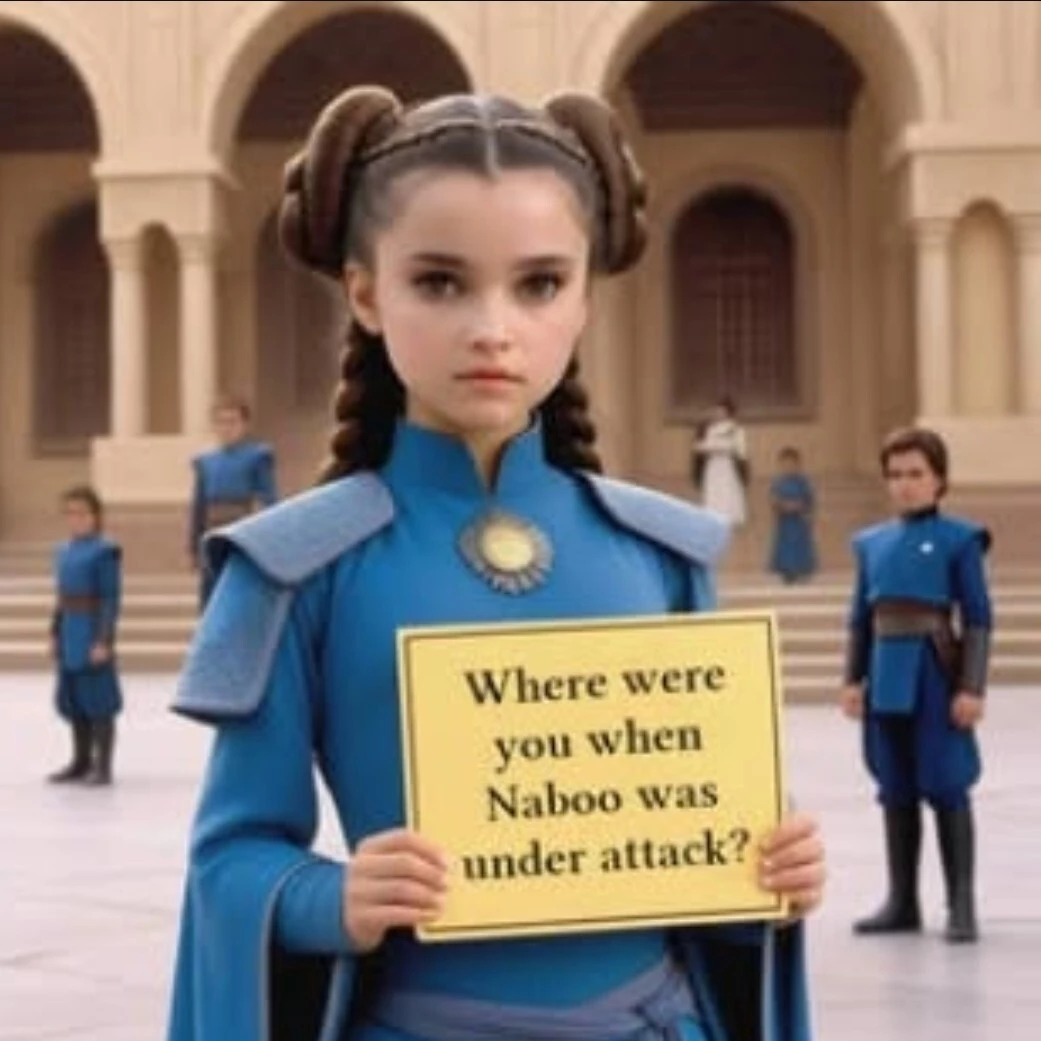There were three friends. They all loved a beautiful girl from a rich family. The young men were also from rich families.
The girl said: "You are all equal in my eyes and I cannot refuse one and marry another. Go and do such a deed that one of you distinguishes himself, then I will marry him"
The three friends agreed to meet at a certain place and set out to travel the world. Finally, they came together. One showed a mirror in which a man could see everything about everyone. He looked into the mirror and saw that the girl was sick and lying dying. The other took out a rug. It was such a carpet that if you sat on it, it would take you wherever you wanted to go in an instant. The third took out a red apple from his pocket: if the sick man ate it, he would be cured at once.
When the friends heard that the girl was sick, they immediately sat down on the carpet to bring her the magic apple.
Soon they reached the place, the girl ate the apple and recovered.
The friends argued: to whom should the girl belong? One said: if it were not for his mirror, how could they have known that the girl was sick?
The other says: if it wasn't for his carpet, how could they have gotten to the place quickly?
The third says: if it wasn't for his apple, could the girl have gotten well?
Question: Who got the girl?
Жили были три друга. Все они любили красивую девушку из богатой семьи. Молодые люди тоже были из богатых семей.
Девушка сказала: "Вы все в моих глазах равны и я не могу отказать одному и выйти замуж за другого. Идите и совершите такое дело, чтоб один из вас отличился, тогда я выйду за него замуж"
Три друга договорились встретиться в определенном месте и отправились путешествовать по миру. Наконец, они сошлись вместе. Один показал зеркало, в котором человек мог увидить все про всех. Вглянул он в зеркало и увидел, что девушка больна и лежит при смерти. Другой достал ковер. Это был такой ковер, что если сесть на него, он в одно мгновение доставит куда захочешь. Третьий достал из кармана красное яблоко: стоило его съесть больному, как тот должен был сразу выздороветь.
Друзья, узнав что девушка больна, тут же сели на ковер, чтобы быстрее принести ей волшебное яблоко.
Вскоре они добрались до места, девушка съела яблоко и выздоровела.
Друзья заспорили: кому должна принадлежать девушка? Один говорит: если бы не его зеркало, как бы они могли узнать, что девушка больна?
Второй говорит: если бы не его ковёр, как они могли быстро добраться до места?
Третьий говорит: если бы не его яблоко, разве девушка могла бы выздороветь?
Вопрос: Кому же досталась девушка?
#fairytale #question #folklore #riddle














